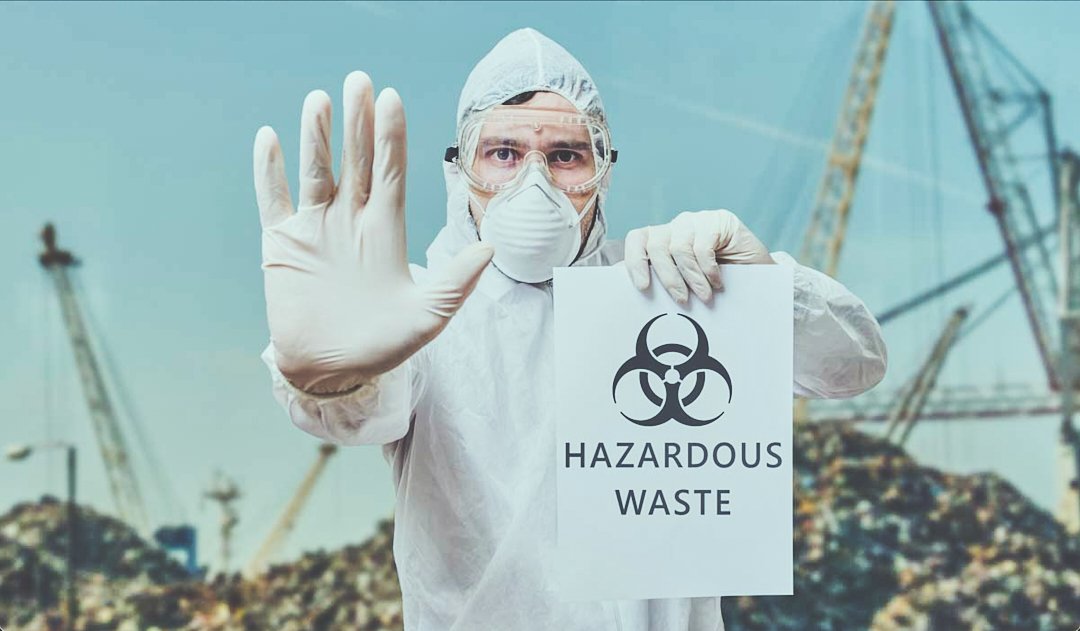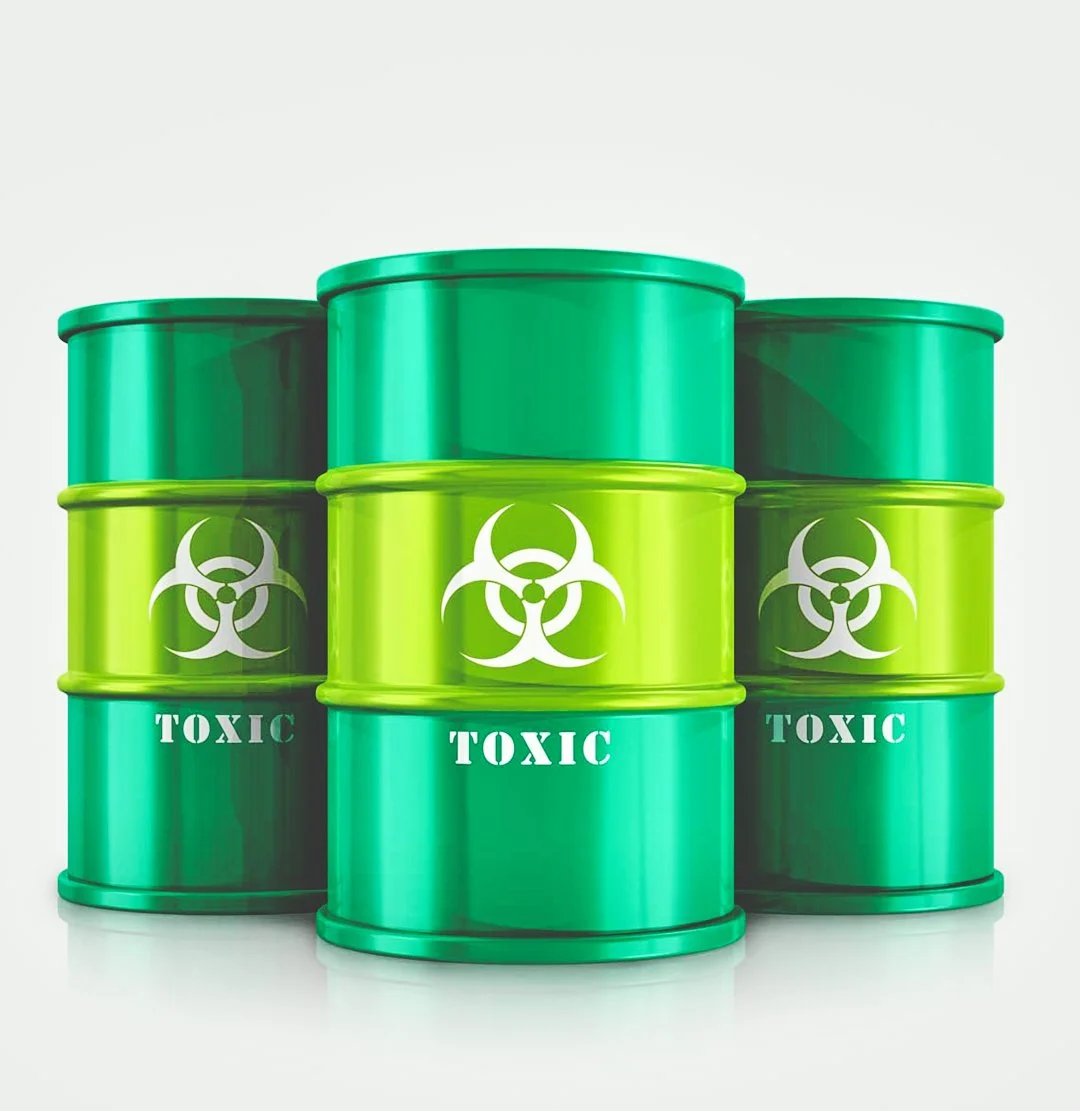#78 Toxic Waste
Did you know that before 1976 there were very little regulations on toxic or hazardous waste? Or, that we are still dealing with the implications of unauthorized toxic dumping? Toxic waste has enormous impacts on the environment. Wildlife, air, soil, water and human health are all affected by the amounts of toxic waste generated every day.
Toxic Filled World:
Toxic waste is defined as chemical compounds produced by industry which, if they are ingested or breathed in by animals, plants or humans, can cause physiological damage. Toxins persist in the environment for decades and accumulate over time. During manufacturing of toxic products, chemicals are released into the environment. They can travel vast distances by air or water and are also absorbed by wildlife and humans through the skin or ingested in food and water. The proper disposal of toxic waste is a major environmental issue in the US. Take a look at these additional facts on toxic waste.
Toxic Waste Facts:
Annually, 400 million tons of toxic waste are produced globally.
In one generation the production of toxic chemicals has increased by 40,000% from 1 million to 400 million tons.
The EPA allows certain types of toxic waste sludge to be used in fertilizers – used by farmers on food crops or sold directly to the public.
Up to 300 man-made chemicals have been found in human tissue.
Currently only 14% of the chemicals used in largest volumes have the minimum amount of data publicly available to make an initial basic safety assessment.
How Can I Make An Impact ?
Action 1: Global Goodness
Start by removing toxic household chemicals from your home. These toxins get into the water supply, and pollute the air. Opt for eco-friendly options such as cleaning with vinegar, baking soda, or organic store bought products.
Remove the pesticides from your landscaping practices. Fertilizers and pesticides sprayed on lawns end up in soil and waterways. Look for organic composting fertilizers and organic alternatives.
Action 2: Planet Protector
All of Action 1
Switch to water based paints. Lead and other toxic chemicals become airborne from paint.
Dispose of your toxic waste properly. Batteries, household cleaning supplies, and electronics need to be disposed of properly to prevent landfill contamination.
Action 3: Earth Angel
All of Action 1 & 2
Use organic products when cleaning vehicles and for outdoor insect control as many chemicals end up in storm drains.
Switch to organic beauty care products to prevent these toxins from going down the drain. Not all chemicals are able to be filtered in our water treatment facilities.
Choose to be an Ambassador for Change, and always Spread Love and Spread Light.
FACTS REFERENCES:
https://www.epa.gov/hw/defining-hazardous-waste-listed-characteristic-and-mixed-radiological-wastes
https://www.dictionary.com/browse/toxic-waste
https://www.nationalgeographic.com/environment/global-warming/toxic-waste/
https://www.theworldcounts.com/counters/waste_pollution_facts/hazardous_waste_statistics
http://wwf.panda.org/knowledge_hub/teacher_resources/webfieldtrips/toxics/


